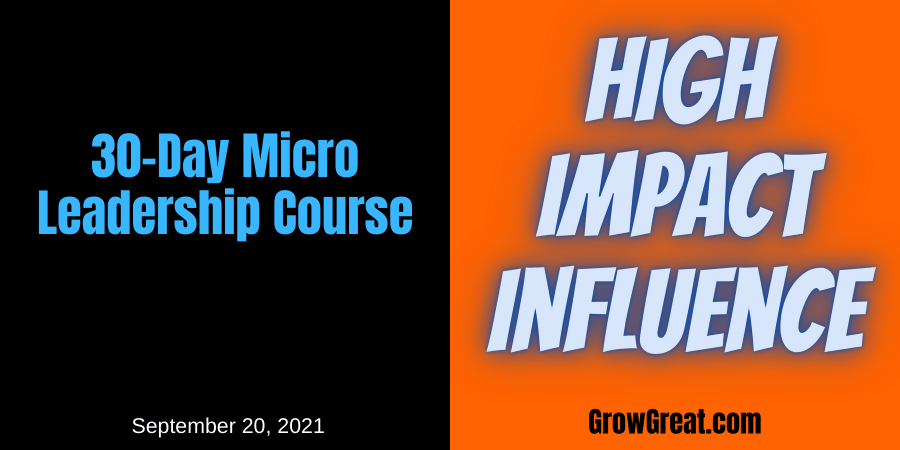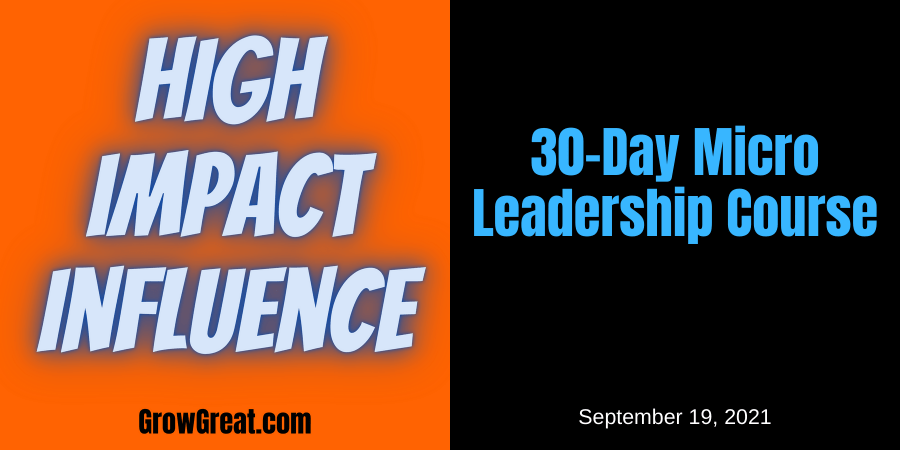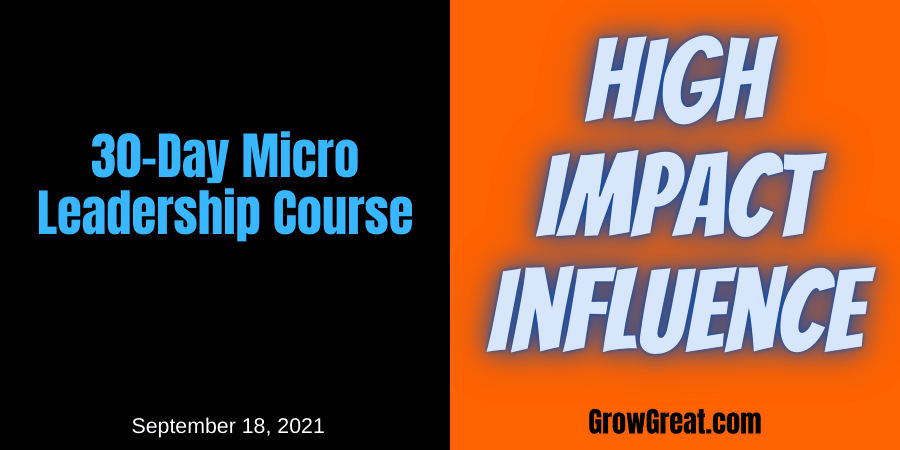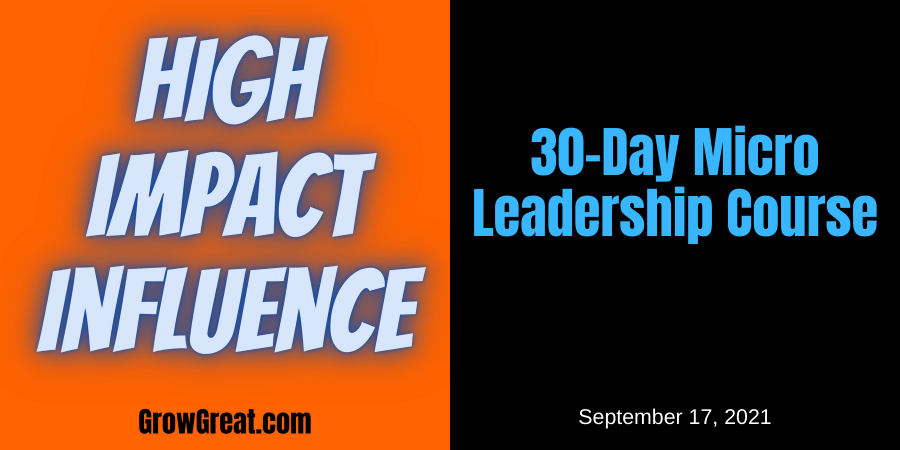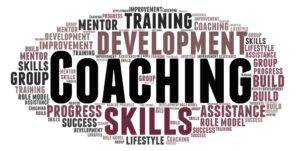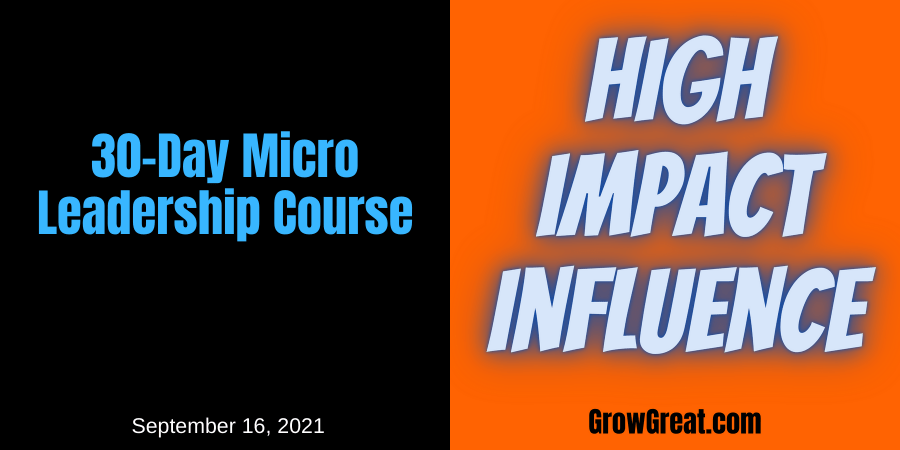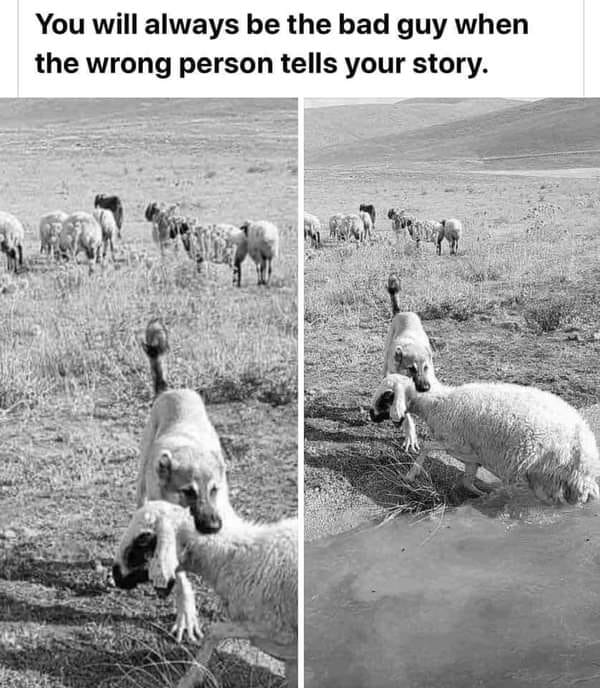30-Day Micro Leadership Course (September 20th 2021)
Podcast: Play in new window | Download (Duration: 9:05 — 8.3MB)
Subscribe: Apple Podcasts | Spotify | RSS | More
Day 20. Monday, September 20, 2021.
Pride. And I’m not talking about the pride we take in doing great work. I’m talking about pride as in our ego. Our quest and desire to have power and authority.
Every leadership failure you experience will occur or be worsened because of your pride. We can lose our humility in a moment. We can lose it for extended periods. Some never figure out humility’s value.
Bosses are all prone to think we know best. After all, many times we’re privy to information and data that rank and file employees simply don’t have. And we’re in charge, bequeathed with authority. The temptation to be large and in charge is real, often fueled by our grandiose view of our smartness. Few of us would dare exclaim we’re the smartest person in the room, but in our head, we’re thinking it.
Arrogance will cost you as a leader. It diminishes trust. It stifles open conversations and collaboration. Proud bosses mistakenly think they’re proving their brilliance and displaying how much smarter they are than everybody else. The reality is people realize their insights and observations don’t much matter. Psychological safety goes away, if it ever existed. And the collective intelligence goes down as people shy away from being as open and as honest as they’d like.
Pride puts the focus on self, making ME the most important person in the world.
Don’t fool yourself into thinking that will create anything positive in your culture. Feel good about yourself all your want. It won’t be enough to overcome the damage your arrogance will do to your leadership and your organization.
Permit me to make a solid pitch for humility and for you to pay close attention to those times when pride might get in your way.
ONE: Humility fosters curiosity. Pride eliminates curiosity.
The deeper your humility, the deeper the potential for your curiosity. Rather than think you know the answer, you keep asking questions. The more you keep asking questions, the more you learn. The more you learn, the deeper the potential is for your understanding. That alone makes humility worth the price of admission.
Proud and arrogant people lack curiosity because they already have the answers. And their answers never get questioned, which is another benefit of curiosity. It’s not always about asking questions for answers. It’s also about questioning answers to make sure they’re on point.
TWO: Humility puts a high value on others. Pride puts value on self.
By now I hope you’re fully persuaded that you must make people feel valued. Employees need to know they matter. And that their insights will be heard. Humility fosters that by reinforcing those things to be true. It’s not a façade. It’s real and the employees know it because humility is easily noticed.
Bosses can appear to be the most important people on the planet. Pride. If the boss is the most important person, then where does that put the frontline worker who is 11 levels below the C-suite? Yep, you guessed it. They’re invisible. Totally unimportant to anything that goes on.
A side consequence of pride is when the so-called leader is filled with it, then it promotes others to follow suit. You think you have no influence unless it’s positive? Wrong. Lots of people are a terrible influence on others. Proud and arrogant leaders show others that selfishness is acceptable behavior. So don’t be shocked if you see other people in your organization mirror your pride.
THREE: Humility is necessary for compassion. Heartless organizations have no life.
I’ve already defined compassion as a focus on others so this is similar to point number two. But compassion is more than a high value on others. It’s understanding others and it has empathy as fuel. All of that goes away or is greatly reduced when pride rears its selfish head.
Any team, group, or organization that is led by pride and arrogance is a heartless organization because compassion will be absent. Humanity doesn’t matter when pride rules the day. Sterile operations without hearts are increasingly finding it hard to get people and keep them. Humans connect with other humans, not with people who think they’re better.
FOUR: Humility affords us opportunities for the greatest growth, improvement, and high performance.
Group power is well documented. No need to reiterate it here except to remind us that together we achieve much more. Even my 8-year-old grandson who plays baseball knows that. He learned it a few years ago. Everybody on the team has to be willing to do their best individually and collectively in order for the team to succeed. They work together to spark improvement in each other. And they have fun in the process.
Consider the alternative. One player thinks they’re the center of the team. Suppose they truly are head and shoulders better than the other players. Suppose they pitch. No matter how great they are, they still can’t pitch, catch and play first base simultaneously. If the hitter knocks the ball to left field, they’re not going to be able to sprint from the mound to make the catch. They must rely on their teammates if they’re going to have any success as a pitcher.
Your enterprise works the same way. Regardless of your gifts or talents, they’re not enough to go it alone. Humility affords you the best chance to be part of a winning team.
The upside of humility is enormous. Just like the downside to arrogance and pride. Do the math. Then decide which route you’ll take because one path will be very lonely and filled with pitfalls. The other will be filled with others who want to go higher and further. And faster!
Be well. Do good. Go great!

P.S. You might find this short Inc. article by Jeff Haden interesting. I did. It’s entitled, Here’s How to Tell Within 5 Minutes If Someone Isn’t as Smart as They Think. Enjoy!
30-Day Micro Leadership Course (September 20th 2021) Read More »
